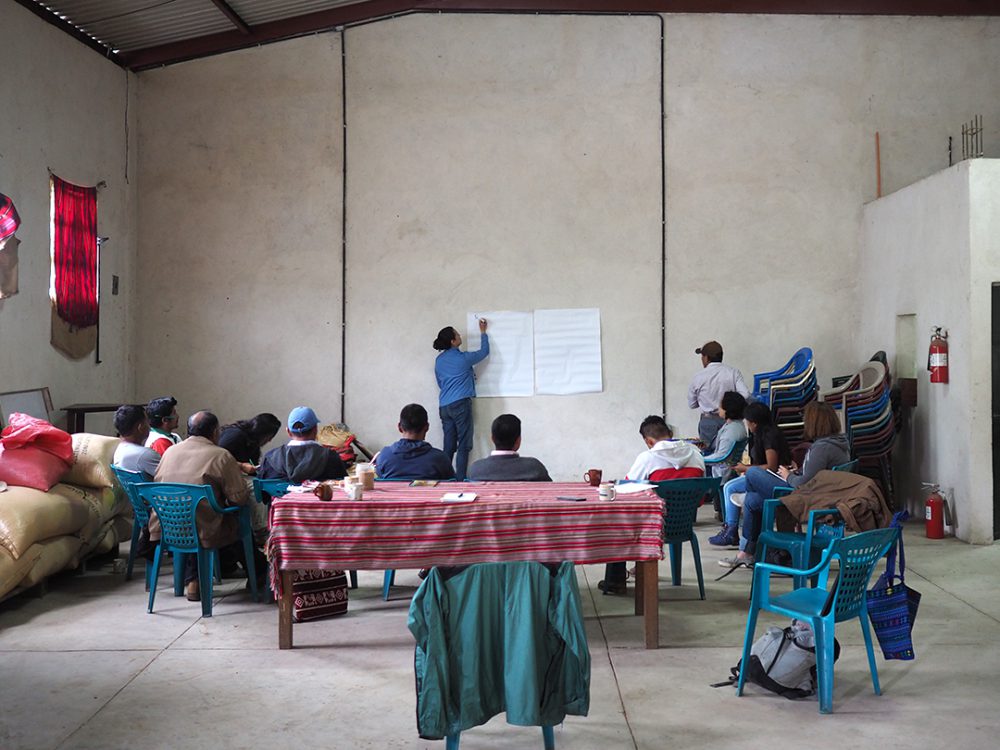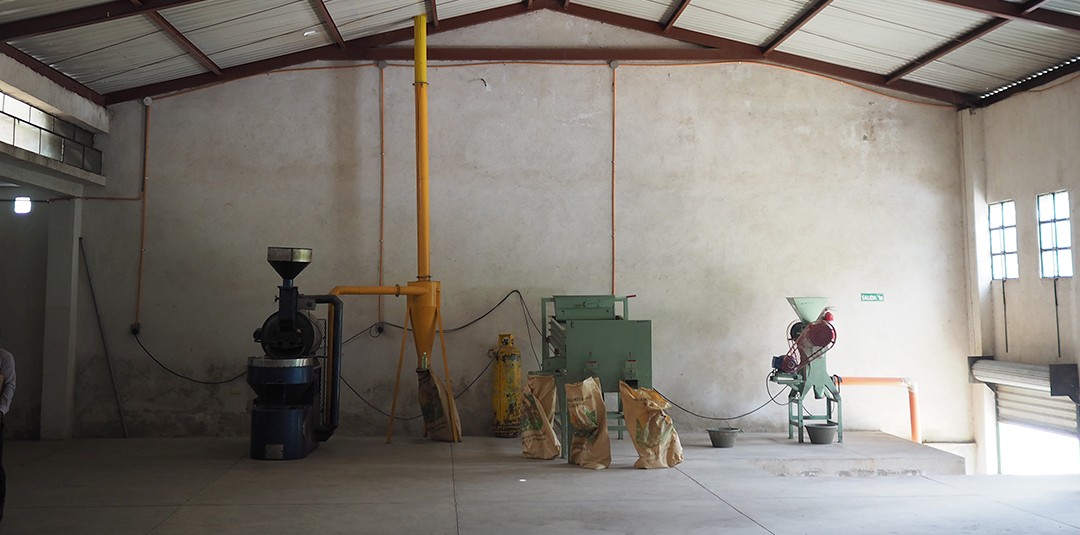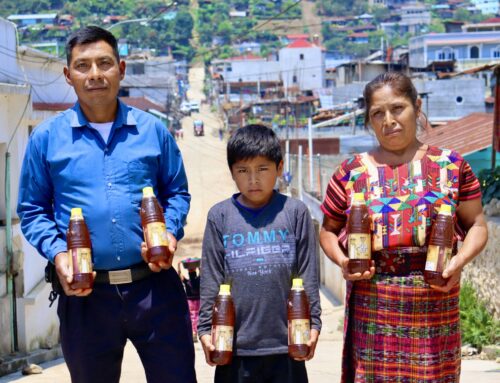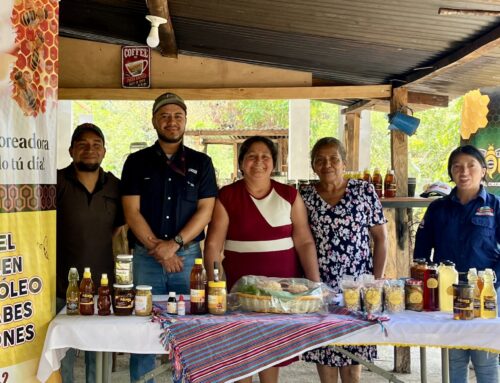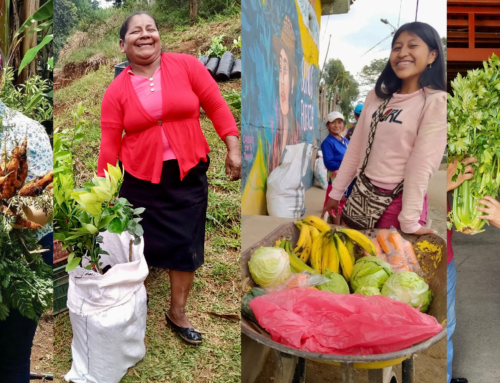We’re gathered together on plastic chairs around two sheets of butcher paper tacked to a wall of the warehouse, the lingering smell of green coffee surrounding us. At other times of the year, this is where it all happens. The 205 members of the Maya Ixil Cooperative converge to deliver their coffee, the culmination of a year’s work distilled into a warehouse full of washed beans ready to be sorted, analyzed and sold.
Today it’s empty. The paper is blank and we’ve gathered with co-op members and the board of directors.
The emptiness is a perfect metaphor for one of the most important aspects of Food 4 Farmers’ work: The luxury of thinking long-term. When you’re struggling every day to put food on the table, working to cultivate coffee for a price that may not even cover the costs of production, there’s little time to dream.
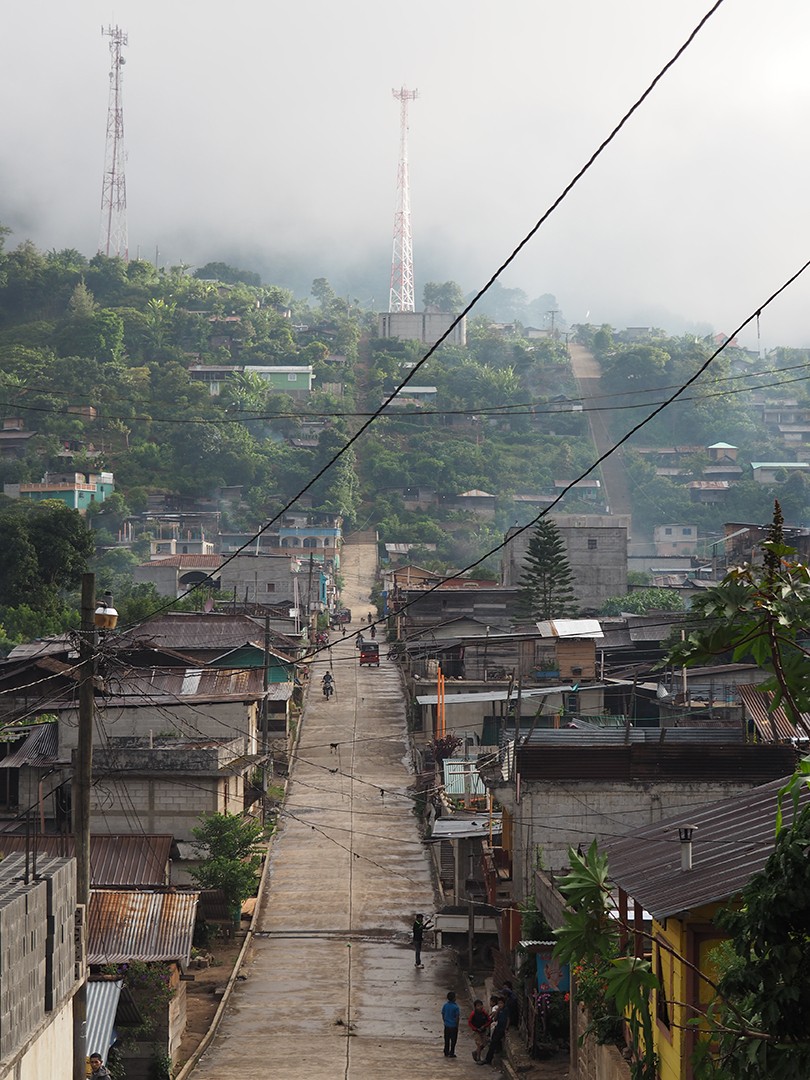
This wide open space – after the hustle of the harvest – is a challenge, but it also presents an opportunity. Time to step back, see what was accomplished and consider a better future.
I recently returned from a week traveling through the Western highlands of Guatemala with Marcela Pino and Bety Ocampo, our program staff. We started in Huehuetenango where we visited the leaders and beekeeping groups of ACODIHUE, a coffee cooperative with a strong social mission, and Maya Ixil, a partner since 2014. ACODIHUE is our newest partner and currently in the project planning phase for a beekeeping project with food security components.
The current combination of low coffee prices, rising food costs, and the effects of climate change are fueling migration and leaving members of ACODIHUE with few options. We heard of a 27-strong women’s group working that had dwindled to just two women as the rest migrated north.
Throughout the trip we heard stories and saw evidence of the challenges that have been well-documented in The Guardian, The New York Times, the Washington Post, The New Yorker and more.
In this urgent situation, carving out space and time to create is difficult, but necessary. Each group we visited began quietly as Marcela went into the first questions. Little by little, the group began to feed off of each other’s input. Each answer was followed by another question, and slowly they found a link among beekeeping, diversification and food security strategies that will inform the direction of our partnership.
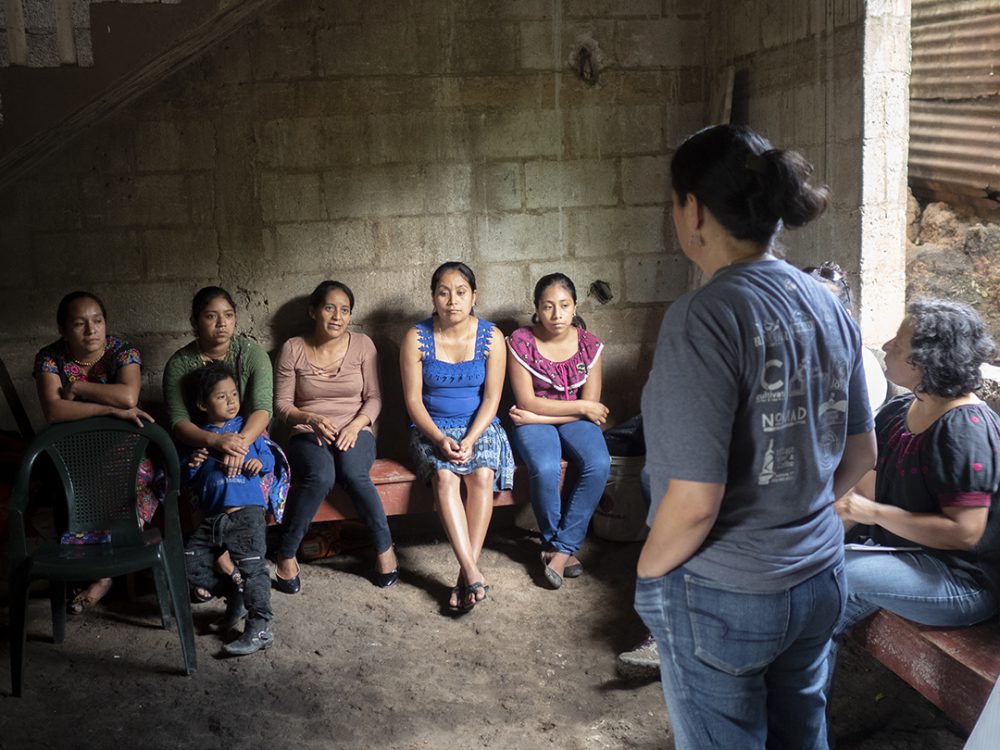
“Sometimes the price of coffee goes down and it doesn’t pay, but honey requires fewer inputs and so it can even things out,” said Trinidad Lucia Mendoza, who manages 25 hives.
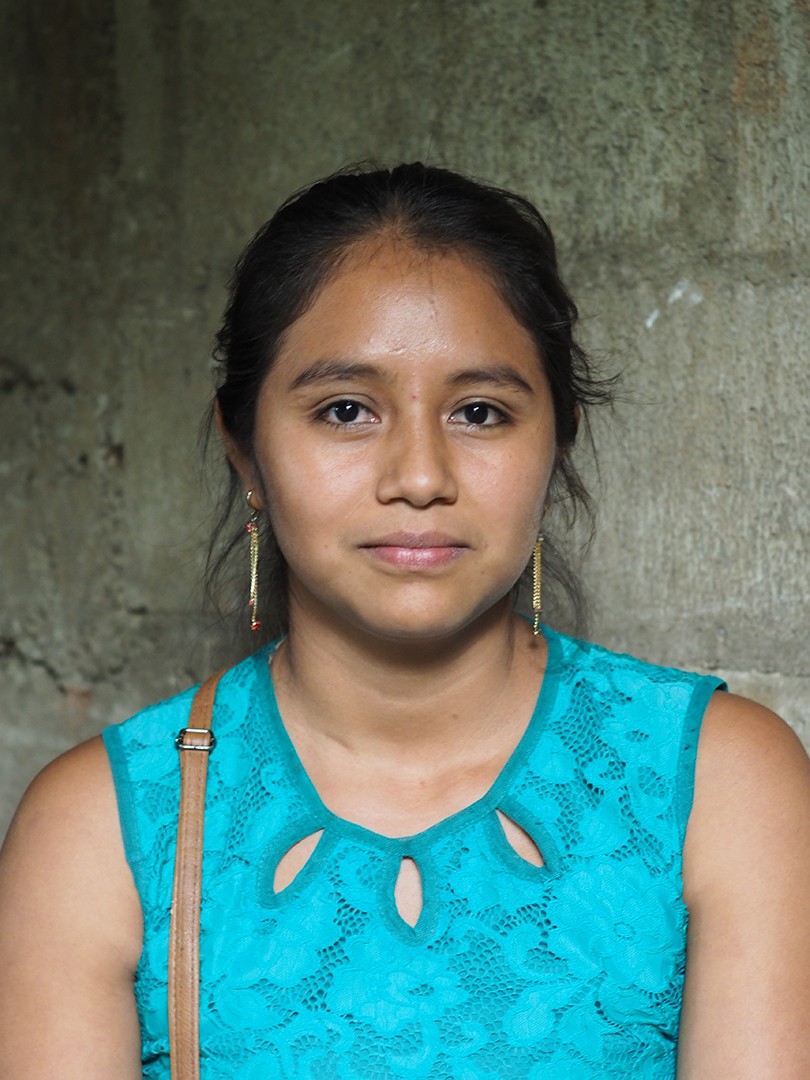
“The idea is to have a family that’s 100 percent organic – this is the ideal, to eat something good, not just plain food,” said Pedro Salucio Alvarado, an energetic 23-year-old with 35 hives. “An organic home garden is important because you have a quality product to feed your family.”
For me, this is what makes Food 4 Farmers’ approach unique. To develop an effective program, people need the space to think beyond the immediate need and imagine what ‘better’ looks like. Throughout the trip, Bety and Marcela worked to give people space and follow the group as they explored options and potential solutions, what was effective and what hadn’t worked in the past.
“One time a group brought in a rabbit project, but nobody here knew or wanted to eat them,” said Elvia Monzón, the leader of a group near Petatan. “When there’s a project, try to leave it in our hands.”
I’ve had the opportunity to work in and around coffee since 2007, and whether it’s with Coffee Kids, Fairtrade or today with Food 4 Farmers, the importance of community participation in program development is essential. There are great efforts around productivity and quality, water, reforestation, and so much more, but unless the solutions come from the community, the efforts will often wither and die.
Real and lasting change takes time and commitment. That’s why Food 4 Farmers takes a long-term approach by first building trust and respect, and then working to accurately diagnose the challenges and develop solutions that we implement and improve together over time.
By the end of our final meeting with Maya Ixil, the butcher paper on that empty warehouse wall was sagging with ideas and plans. And while the coffee harvest was a long way off and the warehouse would be empty for a while, the end result was a group of people full of optimism.
